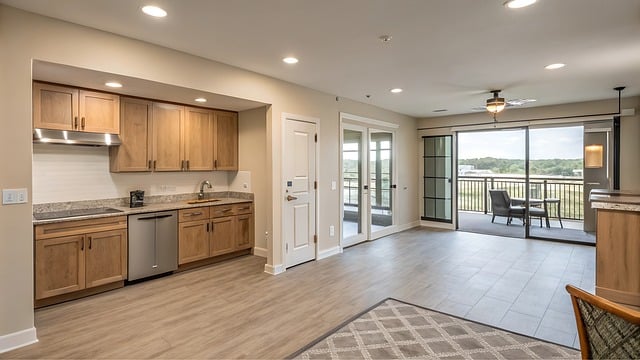Ohio nursing homes are required to comply with strict laws against elderly sexual assault, with support from specialized attorneys. Understanding Ohio Department of Health guidelines and regularly assessing risks is vital for facilities to prevent and manage such incidents. A comprehensive safety plan, including staff training, emergency protocols, and technology, should be implemented and reviewed periodically, involving all stakeholders and legal counsel from elderly sexual assault attorneys OH to ensure resident security.
Creating a safety plan for seniors in Ohio nursing homes is paramount to ensure their well-being. Ohio has specific legal frameworks designed to protect vulnerable adults, including senior citizens. This guide navigates through understanding these laws, identifying risks like elderly sexual assault, and developing effective strategies. By covering topics from potential hazards to implementation and review, this article equips caregivers and families with tools to foster a secure environment. Remember, proactive measures are key to safeguarding Ohio’s seniors.
Understanding Ohio's Legal Framework for Senior Safety

In Ohio, the safety and well-being of senior citizens in nursing homes are protected by a comprehensive legal framework. The state has strict regulations in place to prevent abuse, neglect, and exploitation of vulnerable adults, including the elderly. These laws not only mandate specific standards for care but also outline the responsibilities of nursing home staff and administrators. One critical aspect is the prevention and response to sexual assault, which is taken extremely seriously by Ohio’s legal system. Elderly sexual assault attorneys in OH play a vital role in advocating for the rights of seniors and ensuring that institutions adhere to these laws.
Understanding this legal framework is essential when creating a safety plan. It involves familiarizing oneself with the Ohio Department of Health’s guidelines, which include protocols for reporting incidents, conducting investigations, and providing support to victims. By staying informed about these regulations, senior care facilities can better prepare to address potential issues and hold perpetrators accountable. Moreover, this knowledge empowers elderly residents and their families to recognize their rights and take proactive measures to enhance their safety within the nursing home environment.
Identifying Potential Risks in Nursing Homes

Identifying potential risks in nursing homes is a critical step in developing a safety plan for seniors. Ohio nursing homes, bustling with activity and housing folks who may be vulnerable, present various challenges that can lead to harm or abuse. From physical hazards within the facility to instances of neglect or even elder sexual assault, these risks require careful consideration. Elderly sexual assault attorneys in OH highlight the importance of proactive measures, as the legal implications and emotional trauma associated with such incidents can be profound.
Regular assessments, involving both staff and family members, are key to uncovering potential risks. This may include observing the environment for trip hazards, assessing the quality of care provided, and paying close attention to any signs of isolation or depression among residents. Additionally, training nursing home staff on recognizing red flags for abuse and implementing robust reporting protocols can significantly enhance resident safety.
Developing Comprehensive Safety Strategies

Creating a safety plan for seniors in nursing homes involves implementing comprehensive strategies that address various aspects of protection. This includes physical, emotional, and digital security measures. One critical area to focus on is preventing and addressing elderly sexual assault, which can have severe psychological impacts on victims. Ohio nursing homes should partner with experienced elderly sexual assault attorneys to understand the legal obligations and best practices for ensuring resident safety.
Additionally, regular staff training on recognizing and reporting suspicious activities, along with establishing clear protocols for emergency responses, can significantly enhance overall security. Utilizing technology, such as surveillance cameras and access control systems, can also deter potential harm and enable swift intervention when necessary. These strategies collectively contribute to fostering a safer environment for Ohio’s senior citizens in nursing homes.
Implementing and Reviewing the Plan Effectively

Regular implementation and periodic review are crucial aspects of an effective safety plan for seniors in Ohio nursing homes. Caregivers, staff, and residents should all be trained to execute the plan, ensuring everyone understands their roles and responsibilities. This includes recognizing potential hazards, responding to emergencies, and reporting any incidents promptly.
During reviews, it’s essential to address any identified gaps or concerns. Involve both the nursing home administration and elderly sexual assault attorneys OH for legal counsel and input. These experts can help tailor the plan to comply with Ohio laws and best practices while safeguarding residents’ well-being, specifically focusing on prevention strategies for sensitive issues like sexual assaults.




